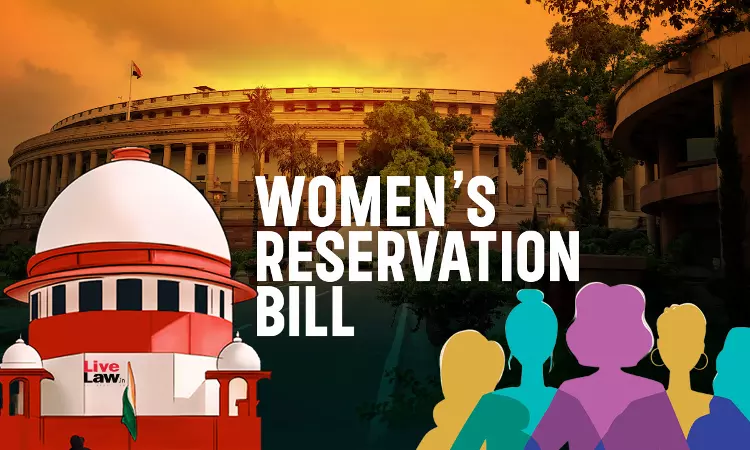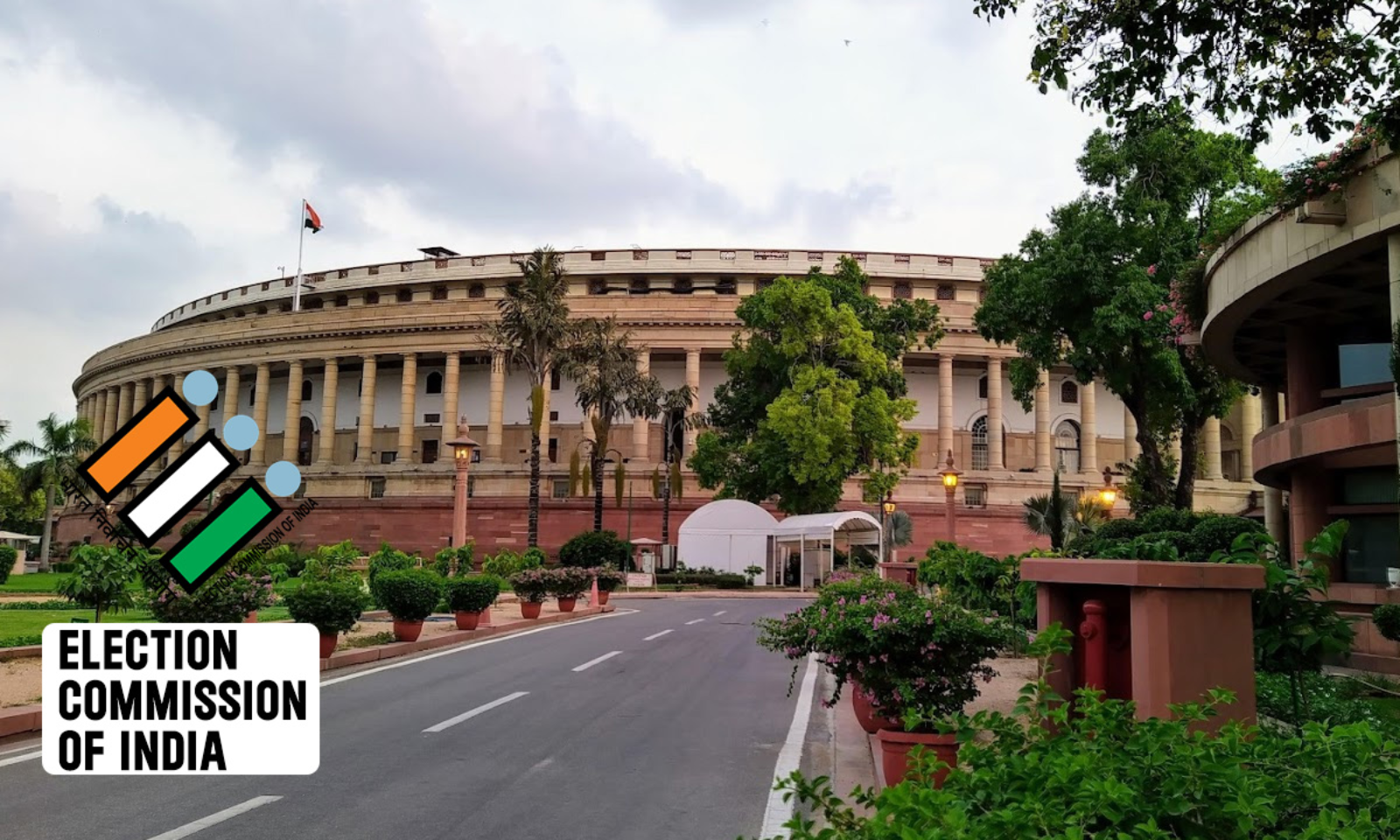UTTRAKHAND POWER PROJECT
·
A significant
step toward strengthening Uttarakhand's power infrastructure is the agreement
between the Indian government and the Asian Development Bank (ADB) for a loan
of $200 million.
·
The project will
introduce a modernized underground cable system that spans 537 kilometers, as
well as substations and power lines, with the goal of improving quality,
efficiency, and reliability. It will also ensure a smoother integration of
renewable energy and meet rising electricity demand.
·
The Asian
Development Bank (ADB) is a regional development bank that was established in
1966 with the goal of supporting social and economic growth in Asia and the
Pacific.
·
There are 68
members; 49 are from inside Asia and the Pacific and 19 outside. India is an
establishing part. Manila, Philippines, is home to ADB's headquarters.
WOMEN’S QUOTA

·
The Constitution
(106th Amendment) Act of 2023, which provides 33% reservation for women in
Parliament and State legislatures, was recently extended to the Union
Territories of Puducherry and Jammu and Kashmir by two bills passed by the Lok
Sabha.
·
The Jammu and
Kashmir Reorganisation (Second Amendment) Bill, 2023 and the Government of
Union Territories (Amendment) Bill, 2023 were both introduced in the Lok Sabha
by the Ministry of Home Affairs.
·
In the
legislative assemblies of Puducherry and Jammu and Kashmir, the two Bills aim
to increase women's representation and participation as public representatives.
Reservations for women in the Puducherry Legislative
Assembly must be established by Parliament by amending the Government of Union
Territories Act of 1963.
INS TARMUGLI
·
The Indian Naval
force as of late charged INS Tarmugli, a quick assault makes (FAC), displaying
oceanic discretion and strength.
·
In 2006, as part
of India's diplomatic outreach in the Indian Ocean Region (IOR), the ship,
which was commissioned in the Indian Navy as INS Tillanchang and belongs to the
Trinkat class, was given to the Maldives National Defence Force (MNDF) government
as a gift.
·
The boat was
gotten back to the Indian Naval force in May 2023, the warship is fitted with
MTU motors, the most recent correspondence gear, and a high level Radar
framework and will be broadly utilized for seaside observation and security
along the east bank of India.
·
Tarmugli Island,
a small Andaman group island, is the ship's name.
JAMUN’S MEDICINAL POWER

·
Researchers at
IISER Bhopal carried out the first-ever genome sequencing of the jamun tree
(Syzygium cumini) and discovered the species' pharmacological properties. The
Jamun tree is a popular evergreen tree in India due to its ornamental value,
medicinal properties, and fruit.
·
The bioactive
compounds that give Jamun its antioxidant, anti-inflammatory, and anti-diabetic
properties can be found in its genetic code.
·
The concentrate
likewise features the presence of qualities connected to terpenoids and
glucosides, key supporters of its guard components and hostile to diabetic
capacities individually.
·
Genome sequencing
is the most common way of deciding the specific request of DNA building blocks
in a creature, disclosing its finished hereditary plan.
ELECTION BILL

·
The Rajya Sabha
as of late endorsed the Central Political race Magistrate and Other Political
decision Magistrates (Arrangement, States of Administration and Term of Office)
Bill, 2023, which frames the strategies for naming the Main Political decision
Chief (CEC) and Political decision Magistrates (EC).
·
The regulation
expects to carry straightforwardness to the arrangement cycle, answering a
mandate from the High Court of India.
What are the
Bill's Most Important Provisions?
·
The Election
Commission (Conditions of Service of Election Commissioners and Transaction of
Business) Act of 1991 has been superseded by the Bill.
It discusses
the CEC and ECs' appointment, pay, and removal.
Arrangement
Cycle:
·
On the basis of a
Selection Committee's recommendation, the President will select the CEC and
ECs.
·
The Prime
Minister, a minister from the Union Cabinet, and the Leader of Opposition and
leader of the largest opposition party in the Lok Sabha will make up the
Selection Committee.
·
Suggestions of
the Choice Panel will be legitimate in any event, when there is an opening in
this Board of trustees.
·
A group of names
will be submitted to the Selection Committee by a Search Committee headed by
the Cabinet Secretary.
·
A position
equivalent to Secretary to the central government must be held to be eligible
for the positions.
Conditions
and Salary Modifications:
·
The compensation
and states of administration of the CEC and ECs will be comparable to that of
the Bureau Secretary.
·
Under the 1991
Demonstration, it was comparable to the compensation of a Justice for the
highest court.
Expulsion
Interaction:
·
The Bill holds
the protected arrangement (Article 324(5)) that permits the CEC to be
eliminated like a Justice for the nation's highest court, while ECs must be
taken out on the suggestion of the CEC.
CEC and EC
protection:
·
Bill shields CEC
and ECs from legal procedures connected with moves made during their residency,
gave such activities were completed in the release of true obligations.
·
The goal of the
amendment was to keep these officials out of civil or criminal cases involving
their official duties.
Currently,
how are the CECs and ECs appointed?
Provisions
of the Constitution:
·
The
Constitution's Part XV (Elections) contains just five Articles (324-329).
The Constitution doesn't set out a particular
regulative cycle for the arrangement of the CEC and ECs.
·
An Election
Commission made up of "the Chief Election Commissioner and such number of
other Election Commissioners, if any, as the President may from time to time
fix" is given the "superintendence, direction, and control of
elections" by Article 324 of the Constitution.
·
The Union Council
of Ministers, led by the Prime Minister, provides the President with advice
before making the appointment.
·
The Law Minister
presents the Prime Minister with a list of potential candidates for
consideration. The President makes the arrangement on the counsel of the PM.
Removal:
·
They can resign
at any time or be removed before their term ends.
·
The CEC can be
eliminated from office just through a course of evacuation like that of a SC
judge by Parliament.
·
Some other EC
can't be eliminated besides on the proposal of CEC.
What are the
objections to the bill?
Independence
and transparency:
·
In some cases,
allowing the Selection Committee's recommendations to stand despite a vacancy
could lead to a monopoly of members of the ruling party, compromising the
committee's diversity and independence.
Shift from
Legal Benchmark to Leader Control:
Comparing the compensation of the CEC and ECs with
that of the Bureau Secretary, whose not set in stone by the chief, raises
worries about potential government impact.
·
This change may
jeopardize the EC's financial independence, in contrast to the Supreme Court
Judge's salary, which is established by an Act of Parliament.
Eligibility
Restrictions for Civil Servants:
·
Confining
qualification to people who have stood firm on a footing comparable to the
Secretary to the public authority might reject possibly qualified competitors,
restricting the variety of foundations and mastery in the ECI.
Worries
About Absence of Equality:
·
While ECs can
only be removed on the recommendation of the CEC, the Bill keeps the
constitutional provision that allows the CEC to be removed in the same manner
as a Supreme Court Judge.
·
This absence of
equality in expulsion cycles might bring up issues about reasonableness.